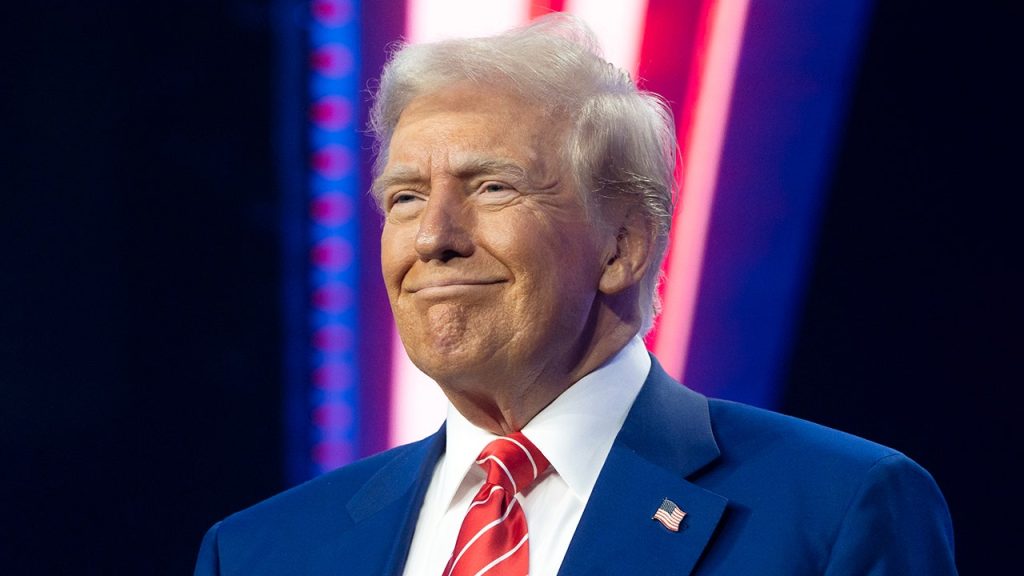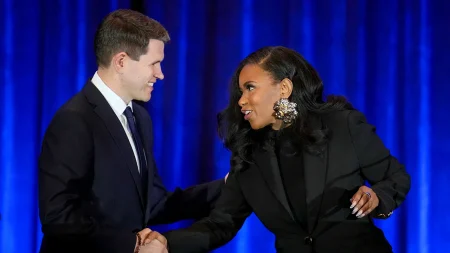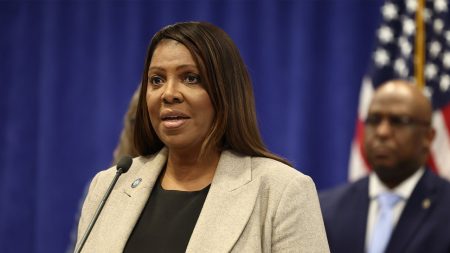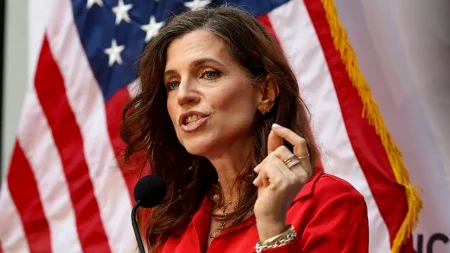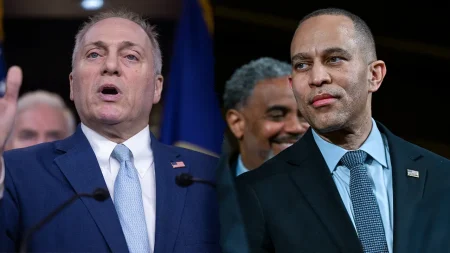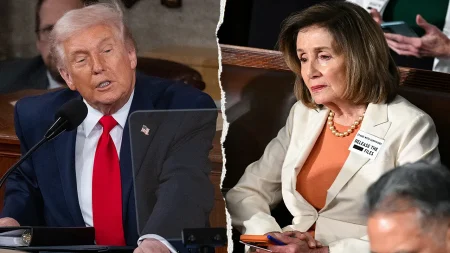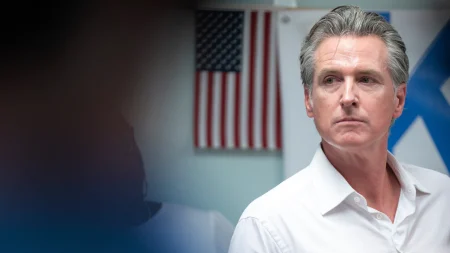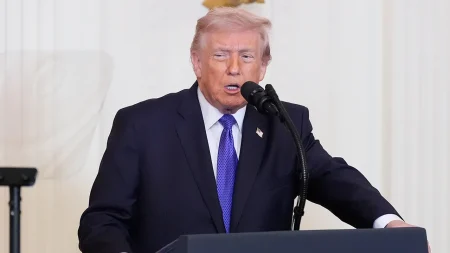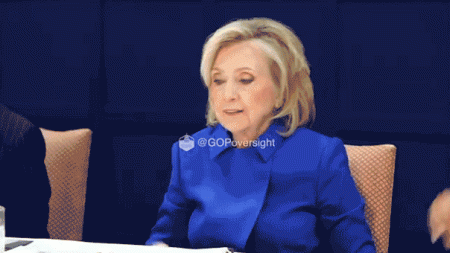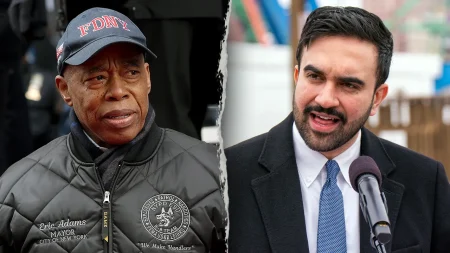The debate surrounding the H-1B visa program, which allows U.S. companies to hire foreign workers in specialized occupations, has ignited a firestorm within the right-wing political sphere, pitting prominent figures like Elon Musk and Vivek Ramaswamy against critics who argue the program displaces American workers. President-elect Donald Trump, seemingly aligning himself with Musk and Ramaswamy, expressed his long-standing support for the H-1B visa program in a recent interview, stating that he has utilized the program himself and considers it beneficial. This stance has further fueled the ongoing discourse within conservative circles about immigration and the role of foreign workers in the American economy.
The crux of the disagreement centers on the perceived need for foreign workers in specialized fields, particularly within the tech industry. Musk and Ramaswamy, the latter tapped by Trump to lead a potential Department of Government Efficiency, contend that American education has failed to adequately prioritize and cultivate excellence, creating a deficit of qualified individuals to fill crucial roles in companies like SpaceX and Tesla. They argue that the H-1B visa program serves as a necessary bridge, allowing companies to access the talent pool required to maintain American competitiveness in the global market.
However, this perspective has drawn sharp criticism from those who believe the program prioritizes foreign workers over qualified American citizens, contributing to job displacement and undermining the “America First” agenda championed by Trump during his previous presidency. Critics like Laura Loomer have voiced concerns that the influence of individuals with pro-H-1B visa stances within the Trump administration could lead to policies that contradict this agenda. Loomer’s criticism specifically targeted the appointment of Sriram Krishnan, an Indian American venture capitalist, as an advisor on artificial intelligence policy.
Elon Musk, a fervent proponent of the H-1B program, has forcefully defended his position on social media platform X, arguing that the program has been instrumental in bringing vital talent to the United States, contributing to the success of companies like SpaceX, Tesla, and numerous others that have bolstered American economic strength. He credits the H-1B visa with his own presence in the country, underscoring its importance in attracting individuals crucial to technological innovation and development. Musk’s robust defense, including a rather profane movie quote directed at a critic, highlights the passionate nature of the debate and the strong convictions held by both proponents and opponents of the program.
Vivek Ramaswamy has echoed Musk’s sentiments, attributing the perceived need for foreign workers to a culture of mediocrity within the American education system. He argues that a renewed focus on excellence is essential to producing a domestic workforce capable of meeting the demands of high-skilled industries. This perspective underscores the underlying tension between the immediate need for skilled workers and the long-term goal of fostering American talent through educational reform. The debate raises questions about the appropriate balance between attracting foreign talent and investing in domestic human capital development.
The clash within the right-wing over immigration and the H-1B visa program presents a complex challenge for the incoming Trump administration. Trump’s apparent endorsement of the program, while seemingly aligned with the views of key advisors like Musk and Ramaswamy, risks alienating those within his base who prioritize American workers and view the program as a threat to domestic job opportunities. The administration will need to navigate this divide carefully, balancing the perceived economic benefits of attracting foreign talent with the political imperative of addressing the concerns of those wary of immigration’s impact on the American workforce. The ongoing debate underscores the broader tension between globalization, economic competitiveness, and nationalistic priorities, a tension that is likely to continue shaping immigration policy in the years to come. Ultimately, the future of the H-1B visa program will depend on how the Trump administration chooses to address these competing interests and formulate a policy that satisfies both the demands of industry and the concerns of its core constituency.



